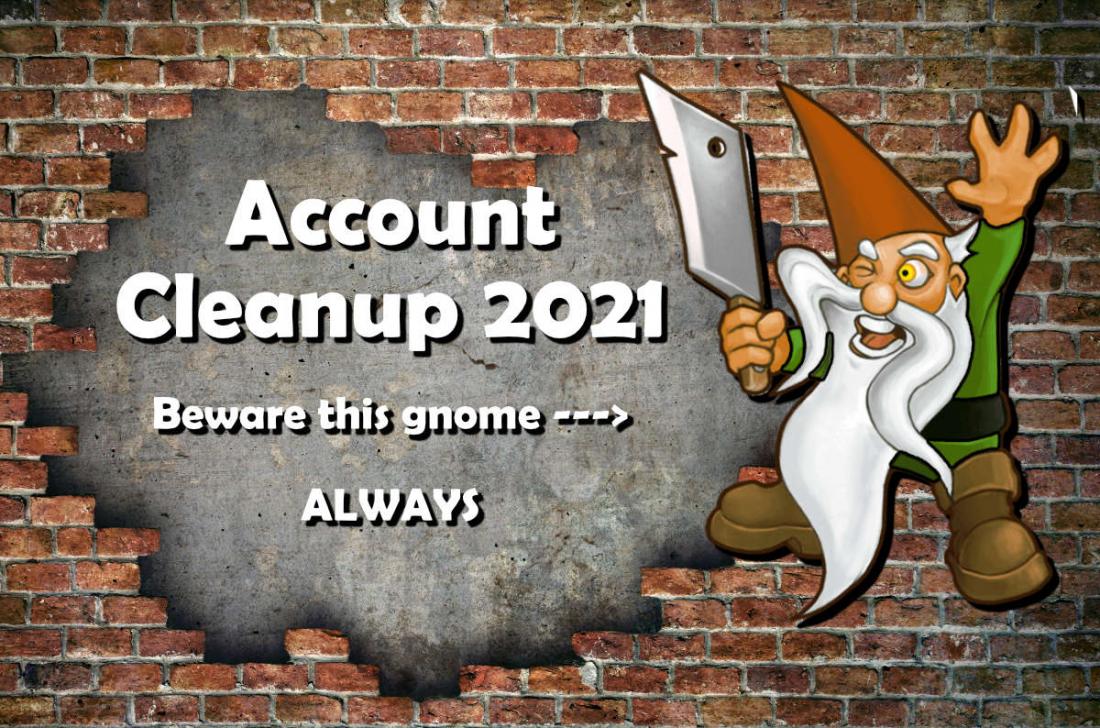A few weeks ago, one of my players in my Cortex Prime game was not feeling well. We canceled the session. As the next session came up, that same player reminded us they had a family obligation and would not be able to play, but encouraged the rest of the group to play. So we did. This gaming group does not have an agreement when someone can’t make it, so we figure it out every time. On the other hand, my Cyberpunk Red group has a very explicit agreement that says we will play if only one person can’t make it to the session. That agreement is what we called a quorum, and I thought we could talk about it.
What is a Quorum?
By definition, quorum is: the minimum number of members of an assembly or society that must be present at any of its meetings to make the proceedings of that meeting valid.
In the context of TTRPGs, it is the minimum number of players that must be present in order to have a session.
I say players because in most cases if the GM can’t make it, you can’t play that specific game. I don’t know of too many groups that can sub in the GM for the same game, so I think that definition holds water.
Why have one?
At some point, someone is not going to be able to make it to a game. Life is complicated and humans are squishy, and at some point one of these two things will create a situation where someone cannot play. Without an agreement on quorum, as soon as someone cannot make it, the questions start, “Are we still playing?”, and you wind up answering the question on a case-by-case basis. Should you play, and that person misses out? What about the others who can play?
If you have a quorum agreement in your group, then everyone knows what happens when one person or more can’t make a session. For the person who can’t play, they know that that group will go on if they can’t make it and have no hard feelings. There is no group chatter about what to do, and things go smoothly.
Making a Quorum Agreement?
Making a quorum agreement is pretty easy. Based on the game you are playing and the number of players you have at the table, how many players could be missing where the game could be played in an enjoyable manner?
That question is influenced by a few things. First, what is the nature of the game? In a game that is focused on location-based adventures, such as Dungeon Crawling, the group is mostly in the same place and often is party-based, meaning that each character brings certain assets to the group. It may be difficult to not play with the Healer, or without your Tank. Conversely, in a game where you are all vampires in a city living out your individual stories, it may be pretty easy to lose a few players and just focus the spotlight one who is present.
If you are playing a game with a large group, then losing one or more players for an evening may be fine. If you are playing a small group, like 3 people, then you may not want to lose any or just lose one.
After you have the number of players you can lose and still maintain the quorum selected, there are a few caveats you should consider.
One: the GM… If the GM cannot make it what is the plan? Is there a backup game that someone else runs? Does it become board game night? Movie night?
Two: the Host … If the Host is unable to host the game what is the plan? Do you move the game to a different location?
Three: characters that are missing … does the missing character get edited out of the session and not used? Is someone allowed to run that character? Can they be used for some things but not others?
The more of this you figure out as a group, the less confusion there will be when life starts encroaching on your game time.
Where To Store That Agreement
Once you have your quorum rule figured out, where are you going to store it? It can become part of your social contract for your group. This works out well if you play the same game or play a single system. It can also be part of your Session Zero, and this works well if you are a group that plays a bunch of different systems, where you need to figure out that quorum number for each game/campaign.
The idea is that once you agree upon what to do, it’s great if everyone can remember it, but writing it down somewhere is likely to be better. Also, if someone new joins your group later, it would be nice to have it on hand to share with them.
When Not To Follow Quorum
There are no absolutes in GMing. There are going to be times when a player cannot make it and you still have quorum, but you might not want to run the game.
For me, these are often times when something important is about to come up in the game, a big reveal, a story climax, etc. Or the storyline depends on that missing character. Things that if we play and a player is not there, they are going to regret not being in the moment. In times like these, I will do one of two things. One, I will just cancel the game, wait until everyone is there for the next session and proceed. Two, I will run a shorter session, ending close to the big event but before it, so that the player can be there when we get to it next session.
What to do for the missing player
With the quorum rule, you are still playing and that player is going to miss a session. It is important that the player find out what happened in the session, so that when they rejoin the game at the next session, they have some idea of what happened.
If your group takes notes during the session, then they can share the session notes with the missing player and you are all set. If your group does not take notes, you may want to write a special recap for the player, and share it with them before or at the session.
Depending on the time you have, you could even run a mini-adventure for that player to cover what they did. In a Dungeon World game I played in, missing players often got a custom move detailing what they did while they were gone, and it got played out at the start of the session.
Should We Stay or Should We Go
Getting together and gaming is great, but it is not without its perils. At some point, someone won’t be able to make it. When that happens will you play or will you cancel? With a quorum rule, you won’t have to figure it out on the day of your game. Instead, your group will have an agreement if you should play or not, what to do with the character who is missing, and how to get that player up to speed when they return.
Do you have a formal quorum agreement for your group? How many players can be missing? What do you do with the missing characters?
















